Projects
Digital Curation Services

The internal project Digital Curation Services supports the advancement of research and development efforts according to DCU’s research directions and work programme by using chiefly funds remaining from the execution of service provision projects.
RDA3 - RDA Europe – the European plug-in to the global Research Data Alliance
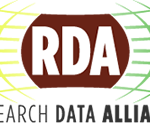
The Research Data Alliance Europe project aims at facilitating European representation within the RDA Global Αlliance.
Europeana DSI
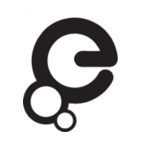
The Europeana DSI project, the third project for the completion of Europeana’s strategy 2015-2020, builds on and continues the operation of the existing Europeana Digital Service Infrastructure’s (DSI) Core Service Platform (CSP). The project Europeana DSI aims at providing a better customer experience in all user groups, at improving metadata and data quality, at making data more openly accessible and at strengthening the Europeana ecosystem.
DSI-1 - Access to digital resources of European Heritage (‘Europeana’)

The Europeana Digital Service Infrastructure (DSI) comprises ‘core service platforms’ which enable trans-European connectivity and interoperability, and related ‘generic services’ which link national and sectorial infrastructures to the platforms.
ARIADNE
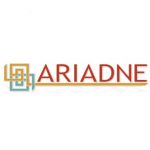
ARIADNE ( aimed to integrate the existing archaeological research data infrastructures so that researchers can use the various distributed datasets and new and powerful technologies as an integral component of the archaeological research methodology. The project used a number of integrating technologies building on common features of the currently available datasets as well as on integrating actions aiming at building a vibrant community of users.
DariahTeach
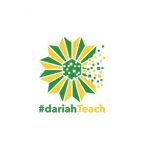
The DariahTeach project is a consortium of seven universities and research centers across Europe aiming to develop an open-source, high quality, multilingual reference curriculum for the digital arts and humanities. This project will feature flexible, localized curriculum materials as well as a central, modular portal that will host, deliver and maintain those materials. The DariahTeach represents the first openly accessible Digital Humanities curriculum of its kind and will serve as a model for creating and delivering open-source asynchronous online educational materials, from which other communities can benefit.
ARK4
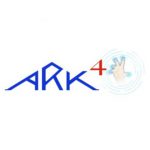
ARK4 was seeking to create a virtual dialogue between the public and institutions which hold information. By exploring innovative technology, it aimed to disseminate knowledge from the past to a wider, younger audience. ARK4 was a cooperation project between four Trondheim institutions: NTNU University Library; NTNU Computer and Information Technology (IDI); Regional State Archive, Trondheim and Norsk Døve Museum, while Digital Curation Unit was the international partner of the project.
Promotion of the work of the Research Centres of the Academy of Athens on the World Wide Web
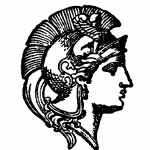
In the context of this project, an integrated web-based service was developed and implemented, which permits the interactive display of the material from eleven Research Centres of the Academy of Athens. The primary aim of the project was the use of modern technologies of the World Wide Web in order to present in a consistent thematic way the diverse material and documentation included in 43 collections totally amounting in approximately 500.000 pages.
NeMO
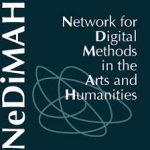
The NeDiMAH Methods Ontology (NeMO) is a comprehensive ontological model of scholarly practice in the arts and humanities, developed by DCU under the work plan of the ESF Research Network NeDiMAH. The outcome of the project includes the ontology delivered in both document and machine readable forms, and a Web service comprising a database containing the ontology definition and the appropriate functionality to support access to and evolution of the ontology.
DYAS - DARIAH-GR
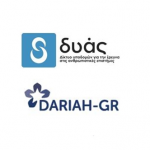
DYAS – DARIAH-GR, the Greek Research Infrastructure Network for the Humanities, aimed at supporting the Greek communities of humanities researchers in advancing their work using ICT, at broadening the scope of and opportunities for research through the interconnection of various distributed digital resources and at promoting the access, use, creation and long-term preservation of research data, both primary and secondary, in digital form. DYAS also operated as the Greek component of the European Infrastructure for Arts and Humanities, DARIAH.



